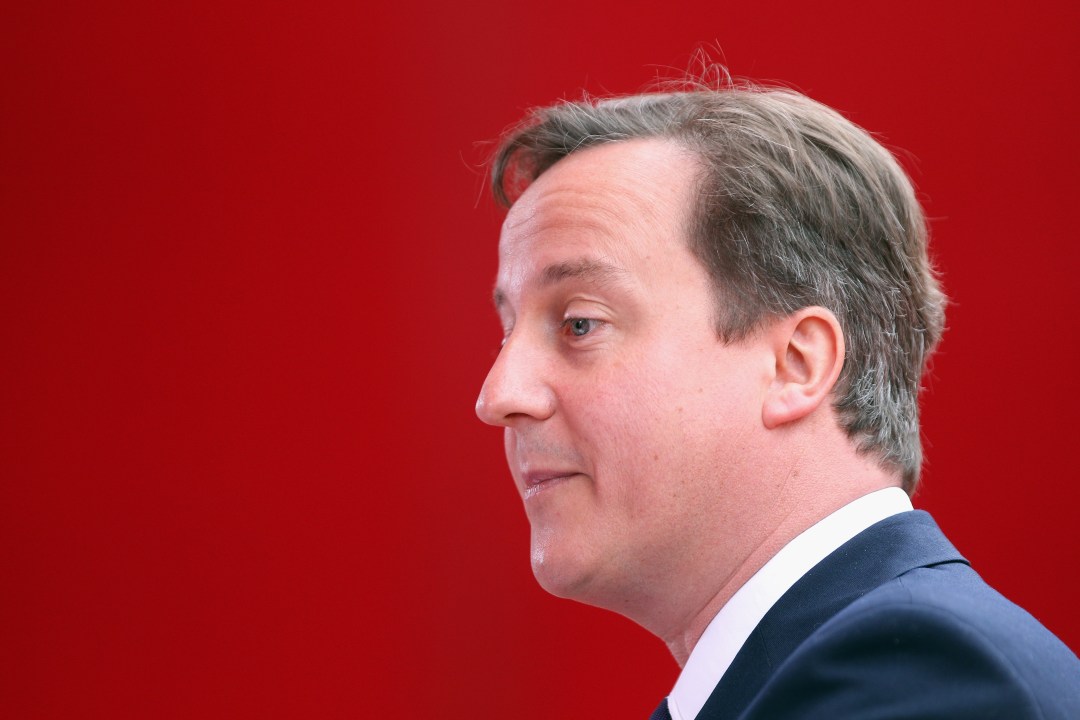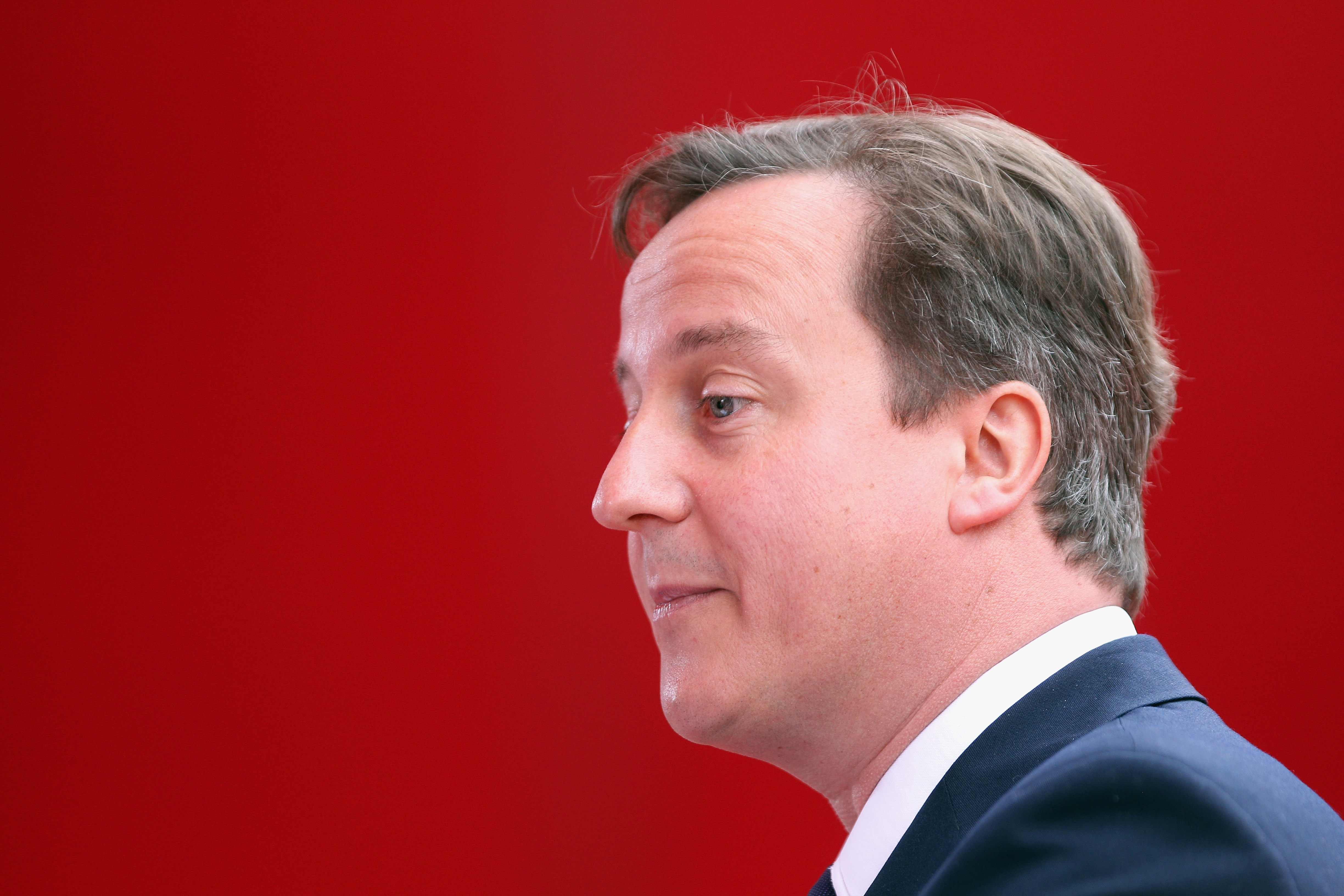 The Liberal-Conservative administration deserves to pass its 100 day probation. It
hasn’t done much yet, but it has said some of the right things and sounds like it might even get round to doing a few of these things at some point in the not-too-distant future. I’d
pretty much accept that from a new staff member, so I guess I should be half-pleased that I seem to be getting this level of performance from my government.
The Liberal-Conservative administration deserves to pass its 100 day probation. It
hasn’t done much yet, but it has said some of the right things and sounds like it might even get round to doing a few of these things at some point in the not-too-distant future. I’d
pretty much accept that from a new staff member, so I guess I should be half-pleased that I seem to be getting this level of performance from my government.
The coalition partners were right to shelve their timid pre-election rhetoric about the size of the hole in the public finances. The Liberal Democrats’ implausible insistence that cuts shouldn’t start until next year was ditched as soon as they had “looked at the figures”. I remain bewildered at how and why the figures they looked at after May 5th differed in any meaningful way from the figures that were publicly available beforehand. But at least they reached the right conclusion. We should be grateful for small mercies, even if we do have to endure the sight of Vince Cable looking like he’s permanently sucking on a lemon.
George Osborne started to sound like a truly radical reformer. Swathes of government activity would be looked at for possible transfer to the private or voluntary sector. Even if activities stayed in the public sector, they would have to be done more efficiently (and presumably less expensively). Government departments were to prepare for cuts of up to 40 percent.
However, the bold rhetoric belies a frustratingly meek policy agenda. On many estimates, for every pound the government is spending today, it will be spending – in real terms – 99.8p at the end of the Parliament. Only in the parallel universe of the public sector does this amount to a serious cut. It’s not even a trim or a shave. Apologists may say that an ongoing rise in spending has been halted. But if you’re merely taming the beast, you shouldn’t claim you’re slaying the dragon.
The Big Society rhetoric looms large in the media every time the Prime Minister addresses the topic. Mainly because no one can decipher what on Earth he’s going on about. On one level, he’s just applauding the Cub Scouts and the Rotary Club. This is a perfectly decent thing to do – but hardly amounts to a strategy for national recovery. On another level, he seems to yearn for a completely new relationship between citizen and state with a radical shift of power to the former. But where are the practical policies to back it up? They seem very thin on the ground, although the government is considering giving local councils the power to fix alcohol prices in local supermarkets. That diminishes personal freedom and treats voters like children.
Nevertheless, the coalition is often pointing in the right direction. But it needs to actually move in that direction rather than just face in it. You can’t just talk down the deficit or wish away bureaucracy. For now, we can still just about credit the coalition for their words. But by this time next year, we need to judge them on their actions.
Mark Littlewood is Director General of the Institute of Economic Affairs







Comments